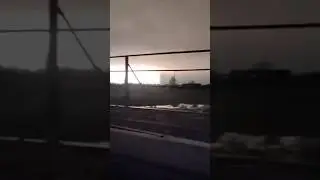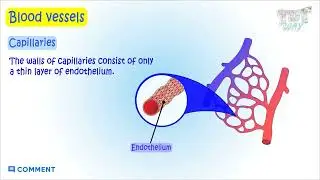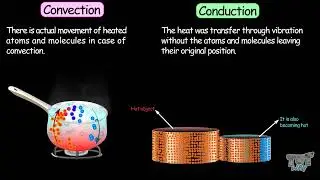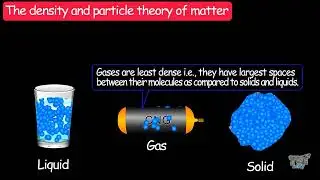Carbon Cycle | Our Ecosystem | Respiration | Combustion | Decomposition
Carbon Cycle | Definition, Steps, Importance, Diagram & Facts | Respiration | Combustion | Decomposition | Atmosphere | Science #shorts
I hope you liked our video.
This educational video explains about Carbon Cycle. This will help them a lot in their daily routine.
The carbon cycle is the biogeochemical process through which carbon is exchanged between the Earth's atmosphere, oceans, land, and living organisms. Several key processes contribute to the carbon cycle, including respiration, combustion, and decomposition. Let's explore each process in more detail:
1. Respiration: Respiration is the biological process by which living organisms, including plants, animals, and microorganisms, release carbon dioxide (CO2) into the atmosphere. During respiration, organic molecules, such as glucose, are broken down in the presence of oxygen to release energy for cellular activities. Carbon dioxide is produced as a byproduct and is released into the air. This process occurs in both plants (during nighttime) and animals throughout their life cycles.
2. Combustion: Combustion is the process of burning organic matter, primarily fossil fuels like coal, oil, and natural gas, for energy production. When these fossil fuels are burned, carbon that has been stored for millions of years in the form of hydrocarbons is rapidly oxidized, combining with oxygen in the air. This combustion process releases large amounts of carbon dioxide into the atmosphere. Combustion of other organic materials, such as biomass or wood, also contributes to carbon dioxide emissions.
3. Decomposition: Decomposition is the breakdown of organic matter by bacteria, fungi, and other decomposers. When living organisms die or produce waste materials, decomposition occurs, and carbon from their remains is returned to the environment. During decomposition, microorganisms break down complex organic molecules into simpler compounds, releasing carbon dioxide into the air as a byproduct. This process helps recycle nutrients and carbon back into the ecosystem, allowing them to be used by other organisms.
Overall, these processes play important roles in the carbon cycle, influencing the balance of carbon dioxide in the atmosphere and the availability of carbon for various biological processes. It's crucial to understand and manage these processes to mitigate the impact of human activities on carbon dioxide levels and global climate change.
#matter #mattercycle #carboncycle #mattercycles #carboncycles #science
Welcome to Tutway, a unique platform where learning is fun !
Let's break away from our perception that adopting new learning concepts is challenging. You will find our website & youtube channel very user-friendly and interactive to gain knowledge. We have brought a programme that covers the crucial ideas and makes learning more stable that stimulates the critical thinking of the young learners !
Site: https://www.tutway.com/
Email: [email protected]
Facebook: / tutway
Carbon Cycle | Definition, Steps, Importance, Diagram & Facts | Respiration | Combustion | Decomposition | Atmosphere | Science
carbon cycle, carbon, the carbon cycle, what is carbon cycle, carbon cycle steps, carbon cycle diagram, carbon cycle process, carbon cycle explain, carbon dioxide, carbon cycle explained, what is the carbon cycle, cycle, golbal carbon cycle, describe carbon cycle, carbon dioxide cycle, carbon cycle definition, carbon cycle (field of study), how carbon cycle, carbon cycle biology, how does global warming affect the carbon cycle, explain the carbon cycle































